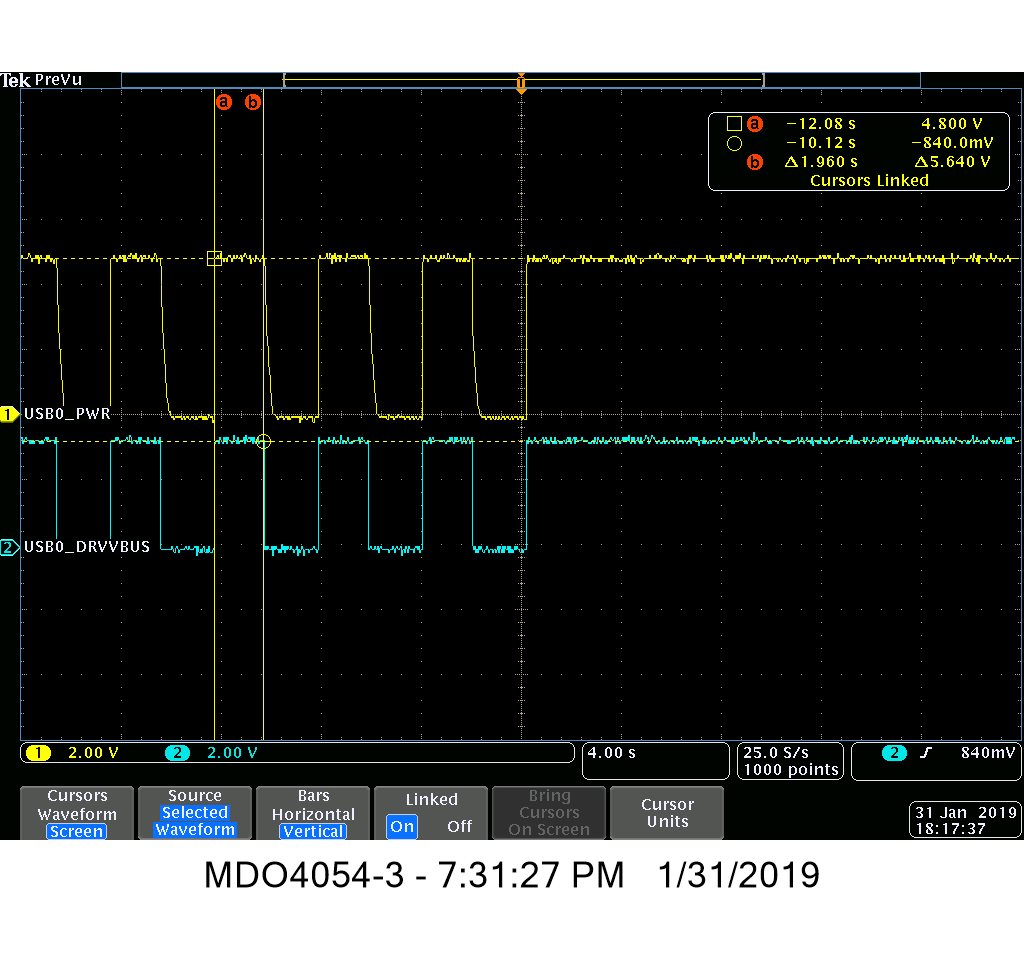Tool/software: Linux
We are using kernel version 4.9.31 (Arago Krogoth). The issue we face at times is as follows:
- Connect USB flash drive to the system
- Disconnect USB flash drive
- Connect USB cable (to get ethernet over USB connection (RNDIS))
- USB cable doesn’t get detected. To get it to work, connect and disconnect USB flash drive onto the system again or we need to reload the driver (musb_dsps). After this sequence, connecting the USB cable results in RNDIS connection to work
Please note this issue we do not face all the time.. I suspect there is something caused because of switching between USB host and device modes which results in this situation. Are there any patches or is this is a known issue? Any pointers or steps to debug?



